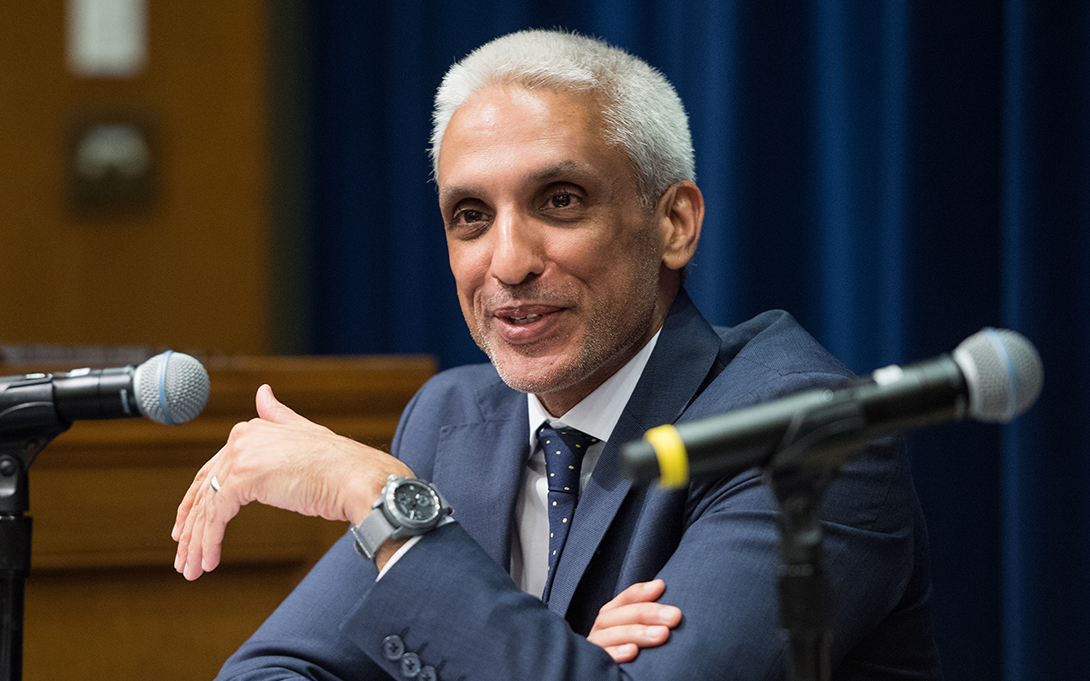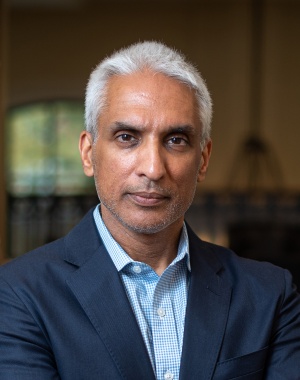
As the 10th anniversary of the killing of Osama bin Laden passed on April 30, Javed Ali noted that the U.S. is at an inflection point with respect to counterterrorism away from an international threat, and that trend has been developing for a couple of years.
“The president has stated this … and other senior officials have said that, at least with respect to, the terrorist threats to the U.S. homeland, the threat that we had to face after 9/11, that is now no longer an international terrorism threat,” Ali told News Nation. “The most prominent part of that threat is the threat from far-right extremism and we’ve seen manifestations of that even before the events of Jan. 6 at the Capitol, so that is a major change in the counterterrorism landscape and now you’re seeing policy decisions from the Biden administration reflect that change.”
Reflecting that trend, he also was quoted by ABC News concerning a security breach at the Washington, DC, police department, noting the apparent ransomware attack "underscores the cyber vulnerabilities criminal groups and other malign actors continue to exploit."
"Various sectors across state and local governments have been targeted, including law enforcement agencies, hospital systems and educational facilities due to shortcomings in cyber defenses and other information technology gaps," he said.
Combatting those multiple threats requires more resources. Ali told News Nation that U.S. Attorney General Merrick Garland's request for more funding was a result of the insurrection events of January 6 as well as thousands of other domestic threats, which has been trending in the wrong direction for years.
You can see the original articles and videos below:
- U.S. Attorney General requests more funding to combat domestic terrorism, News Nation, May 5, 2021
- Sunday marks 10 years since US Navy Seals killed Osama bin Laden, News Nation, April 30, 2021
- DC police department reports 'unauthorized access' on its server, ABC News, April 27, 2021
